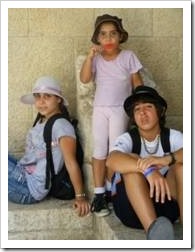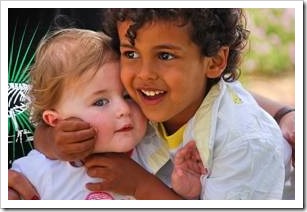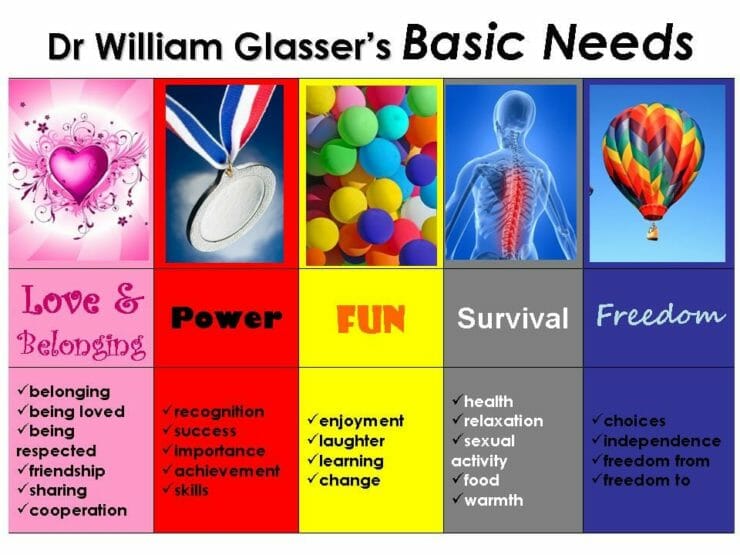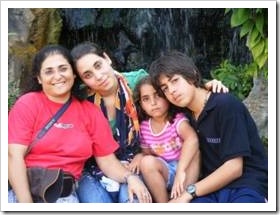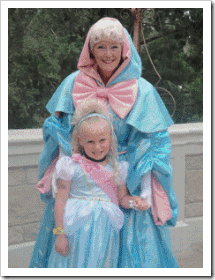
In the previous chapter of the choice theory, I explained the controlling and connecting habits—the caring or deadly habits based on William Glasser. In his theory, Glasser explained many of our behaviors as a choice. There are basic beliefs in his theory that all therapies are based on.
Based on Glasser, when we behave, it is a mix of action, thinking, feeling, and physiology. He called it “total behavior,” as they appear in different degrees and in combination.
He very much focused on taking responsibility in order to gain control and it is quite relevant to parenting.
